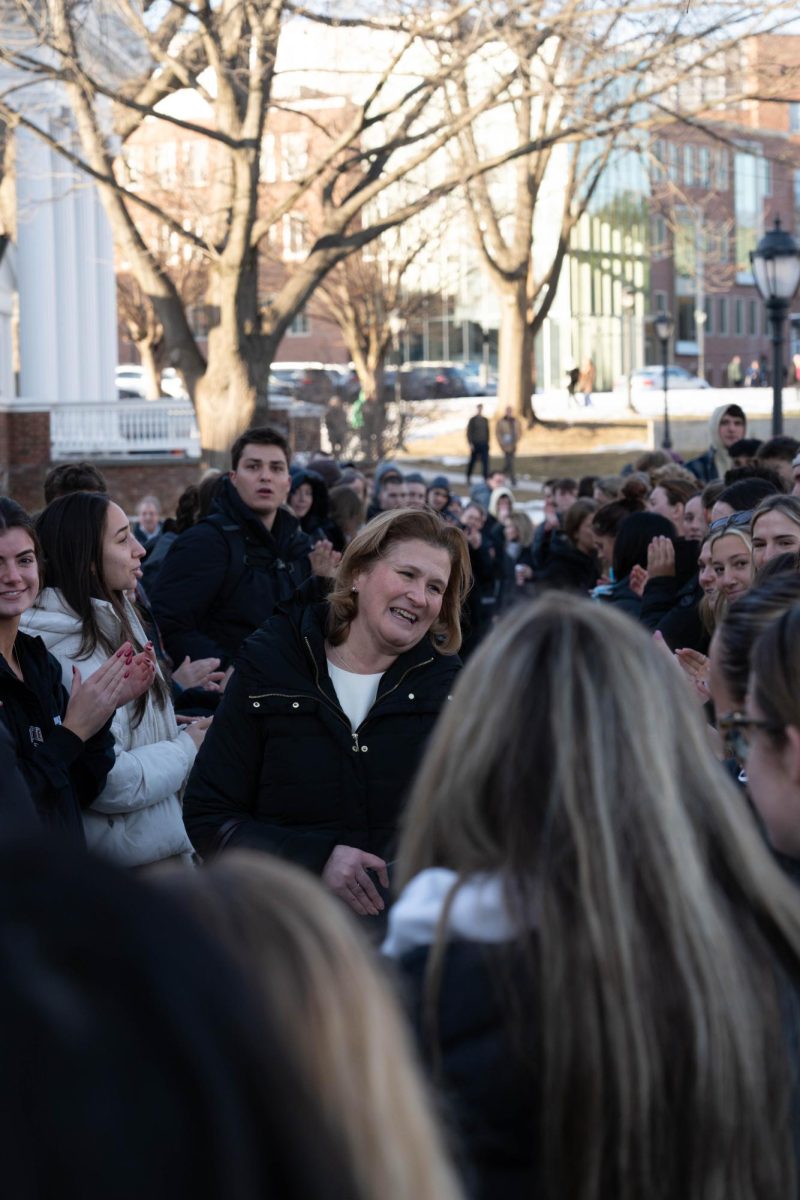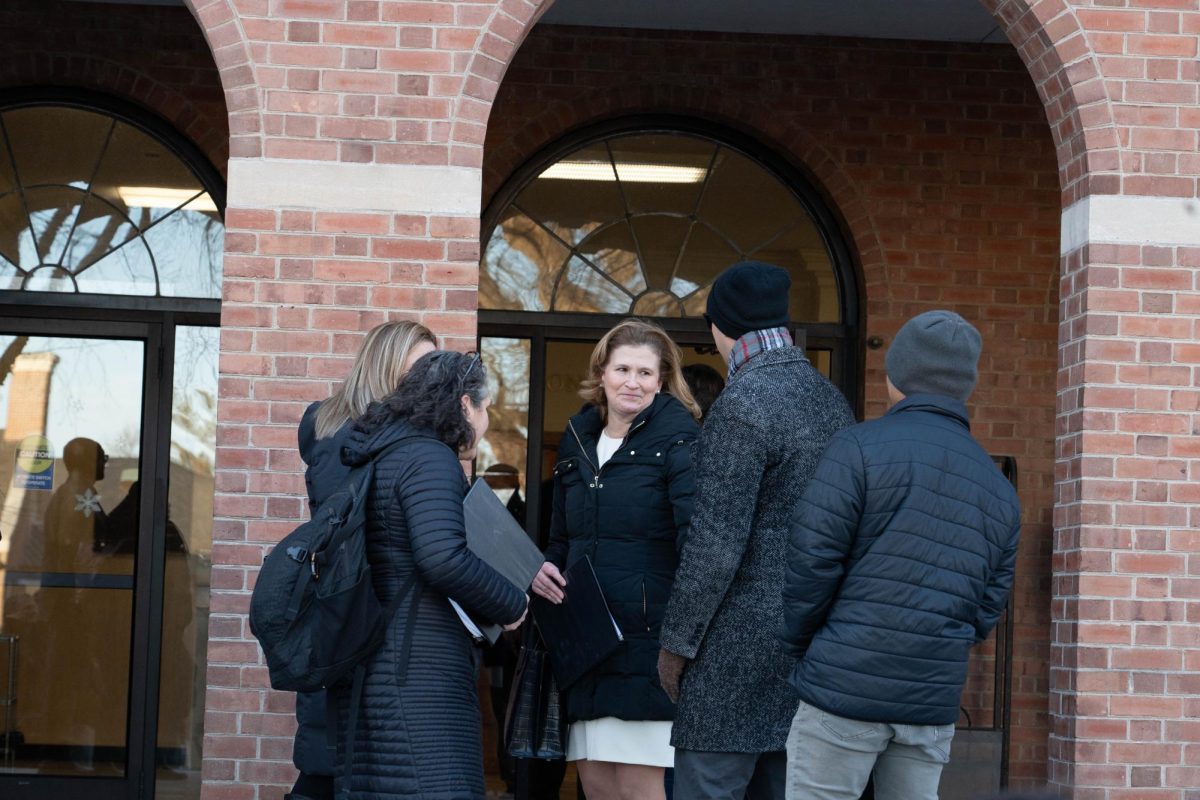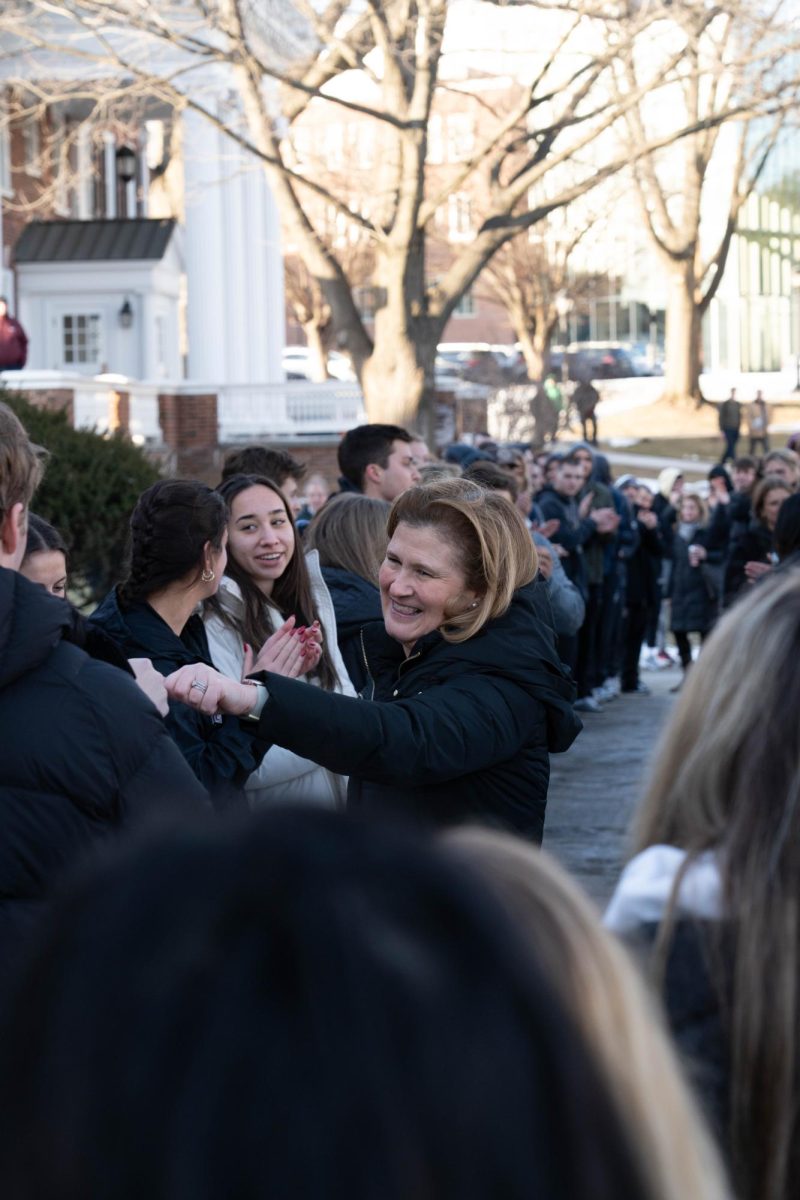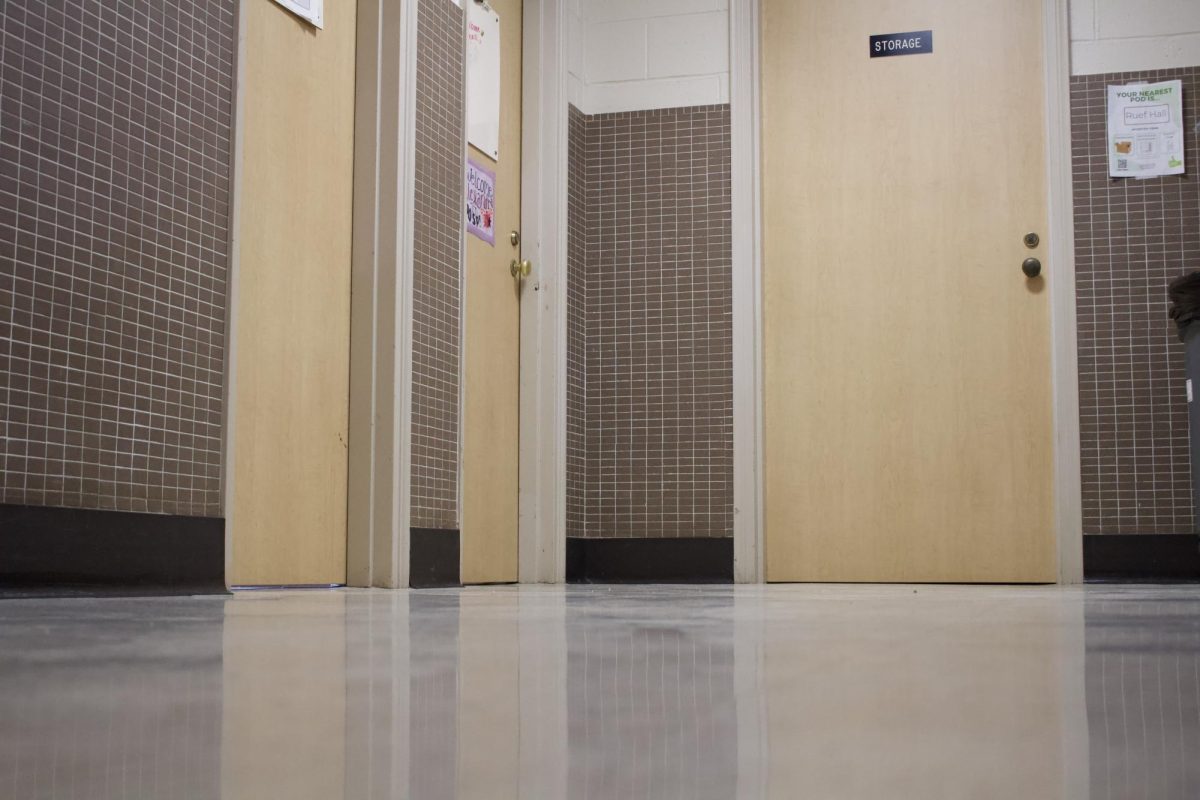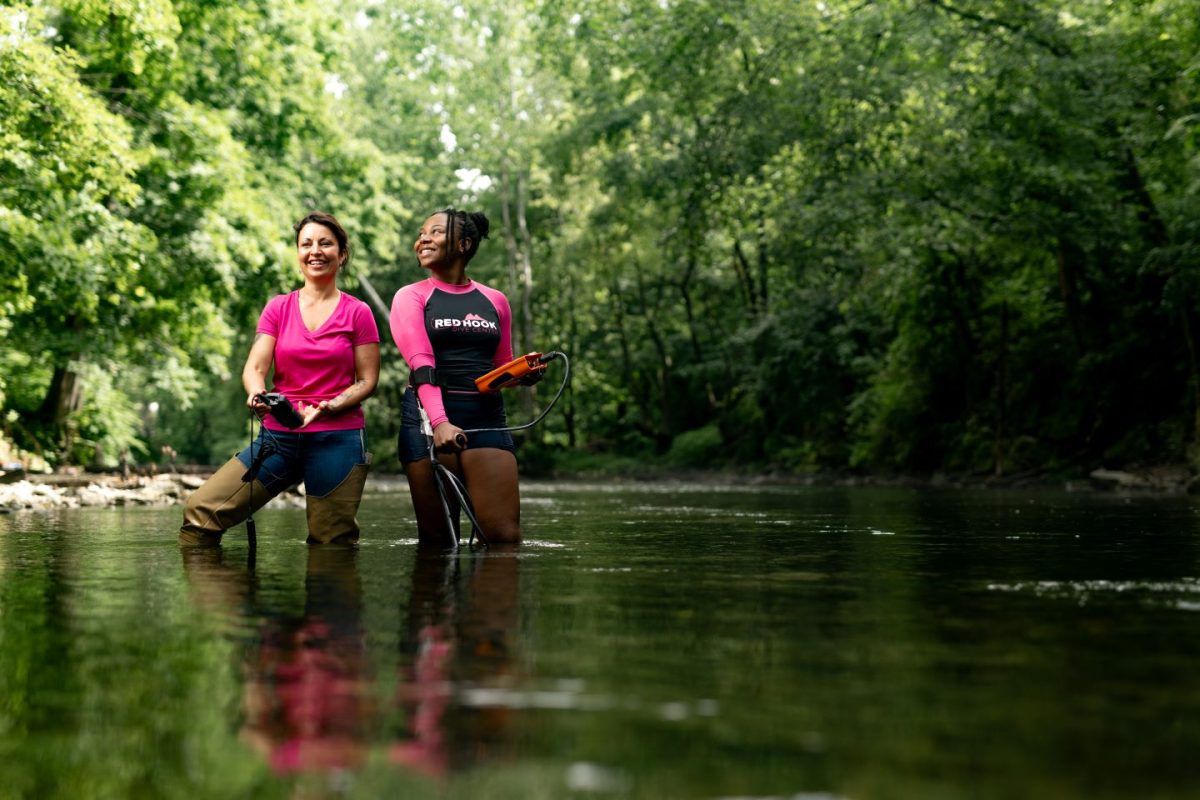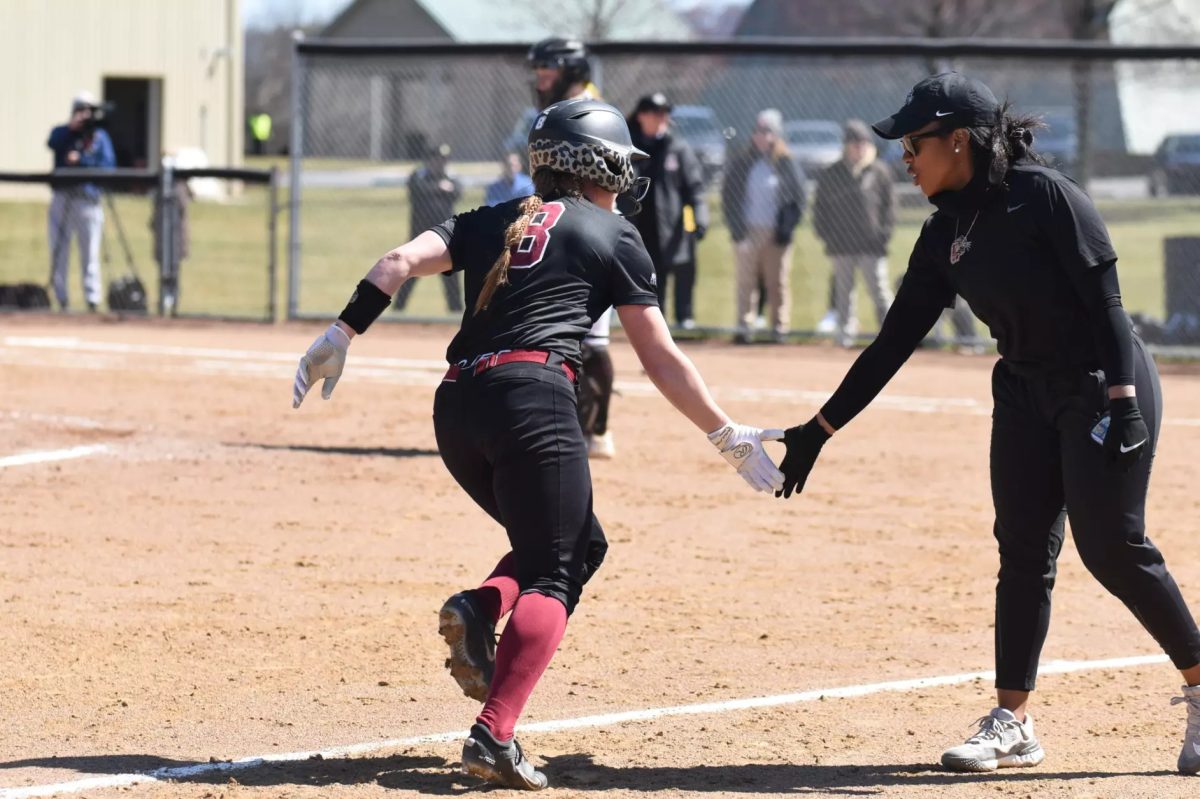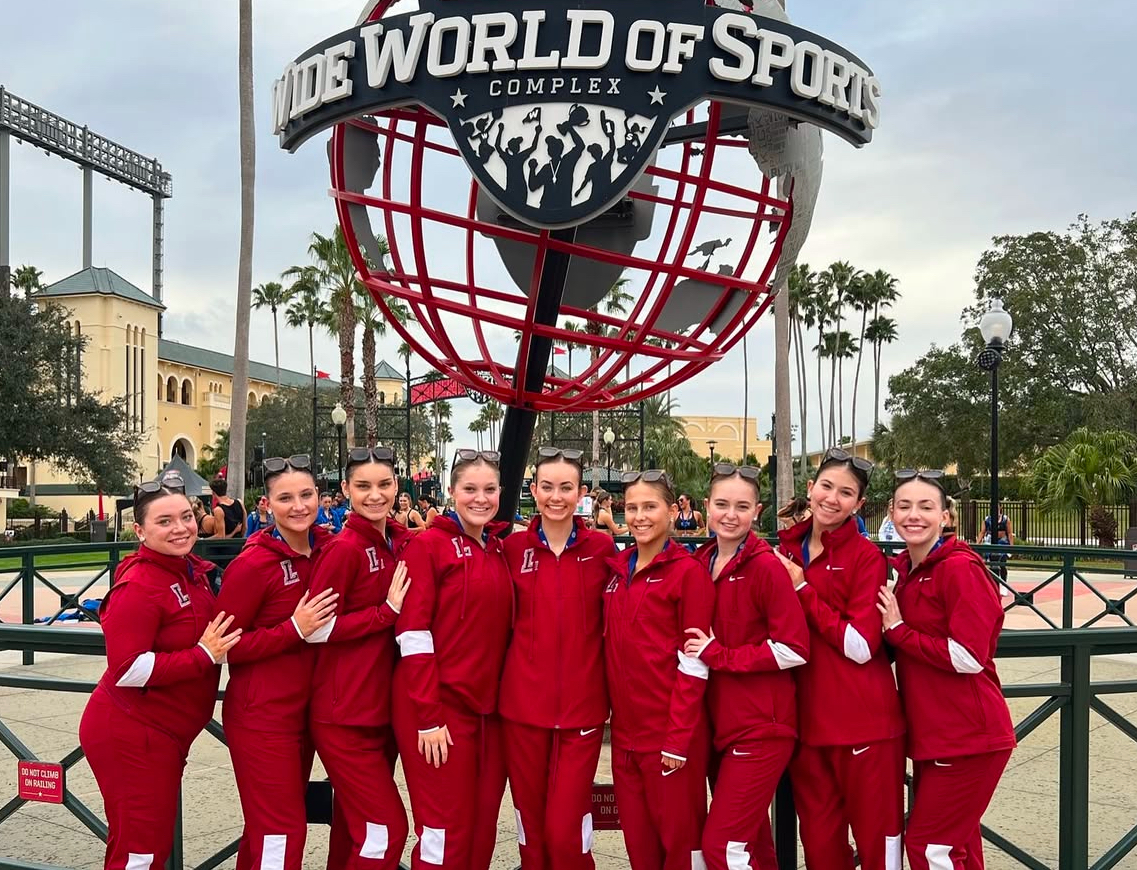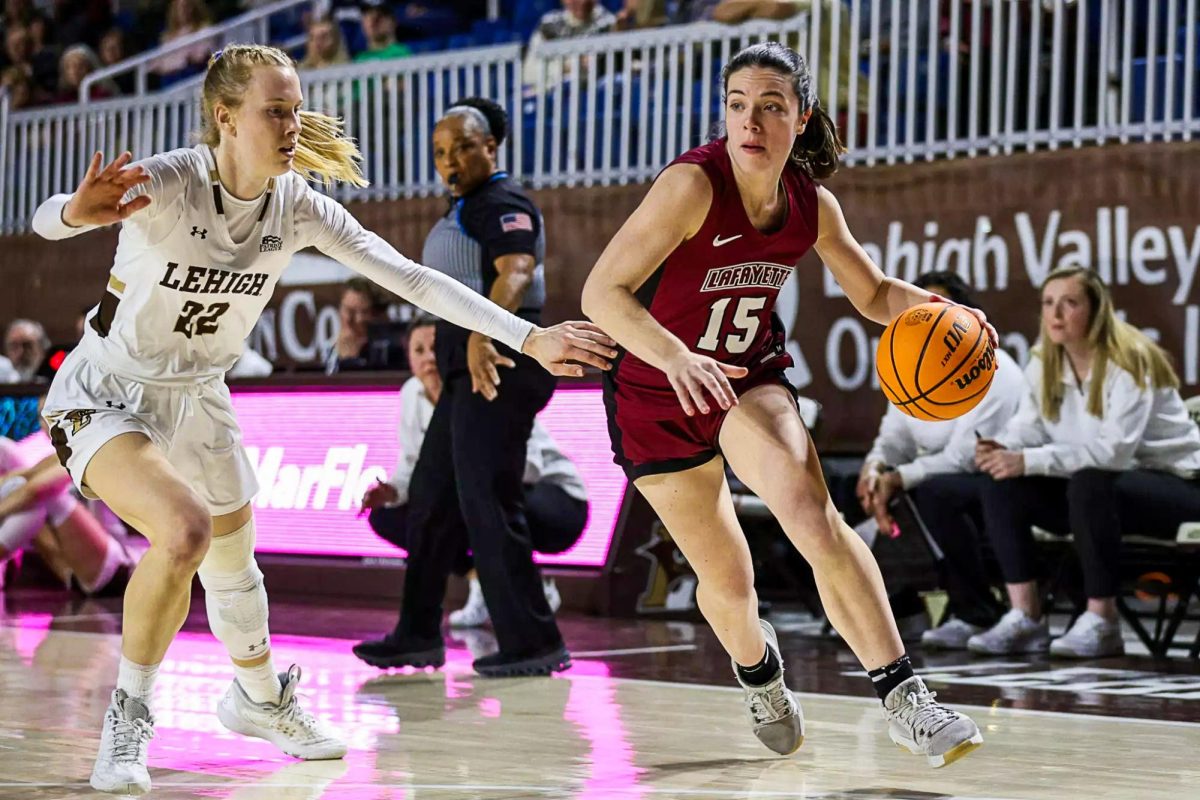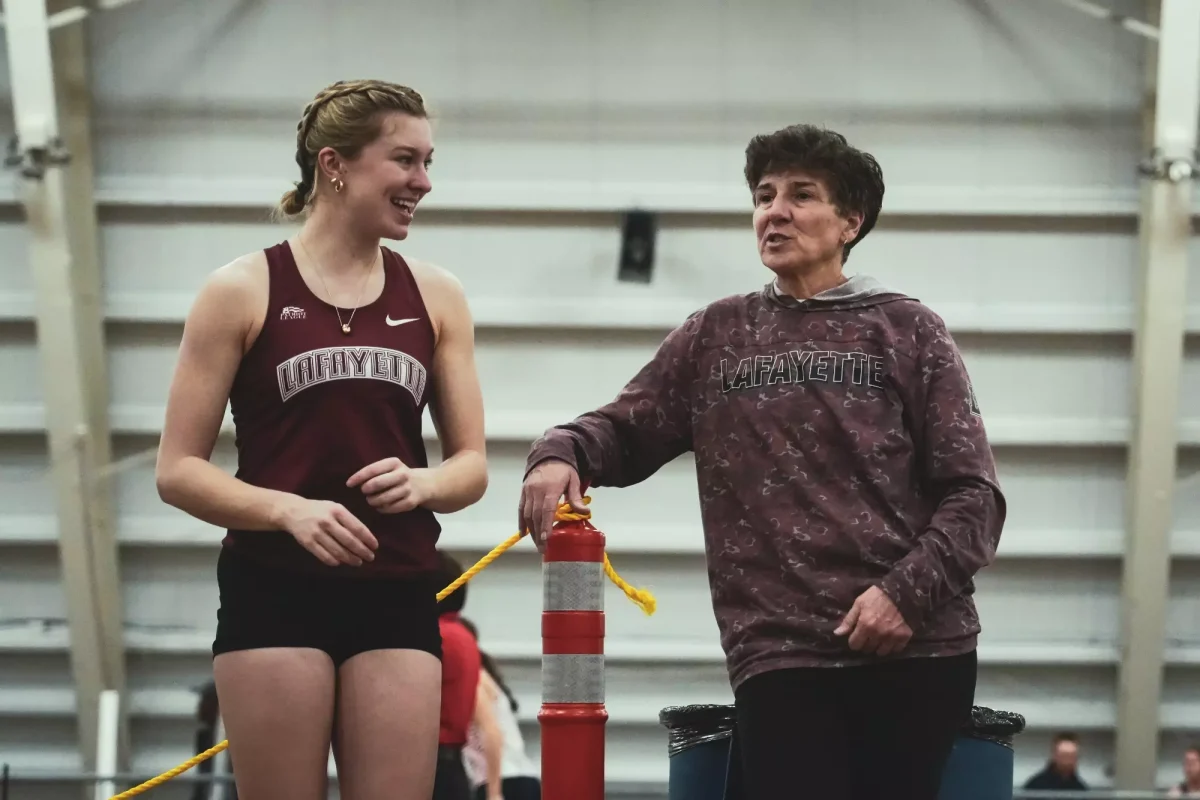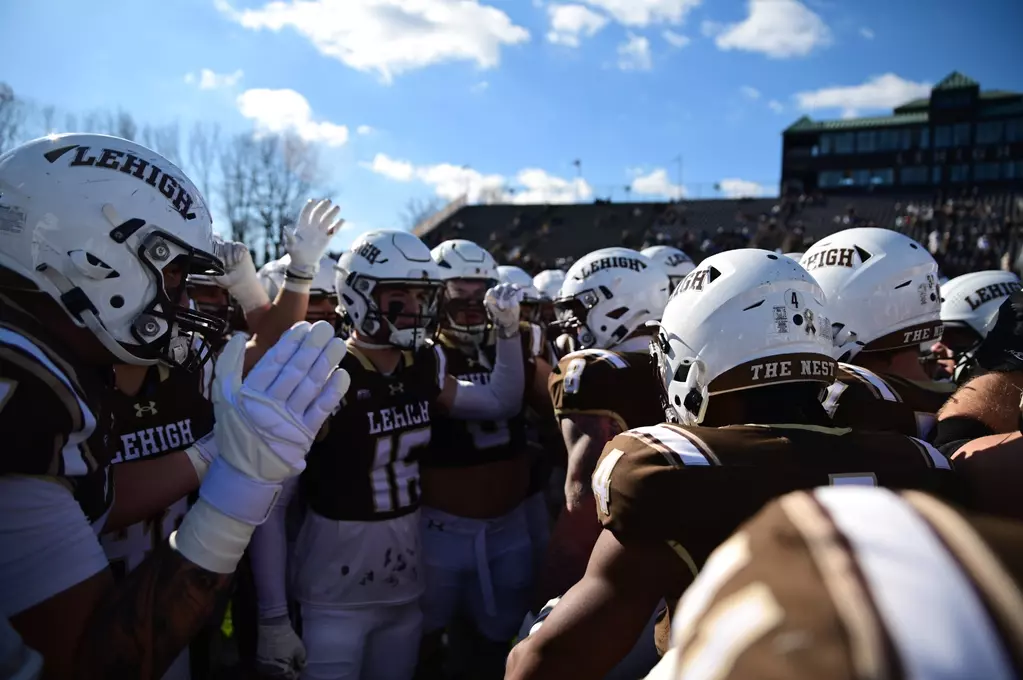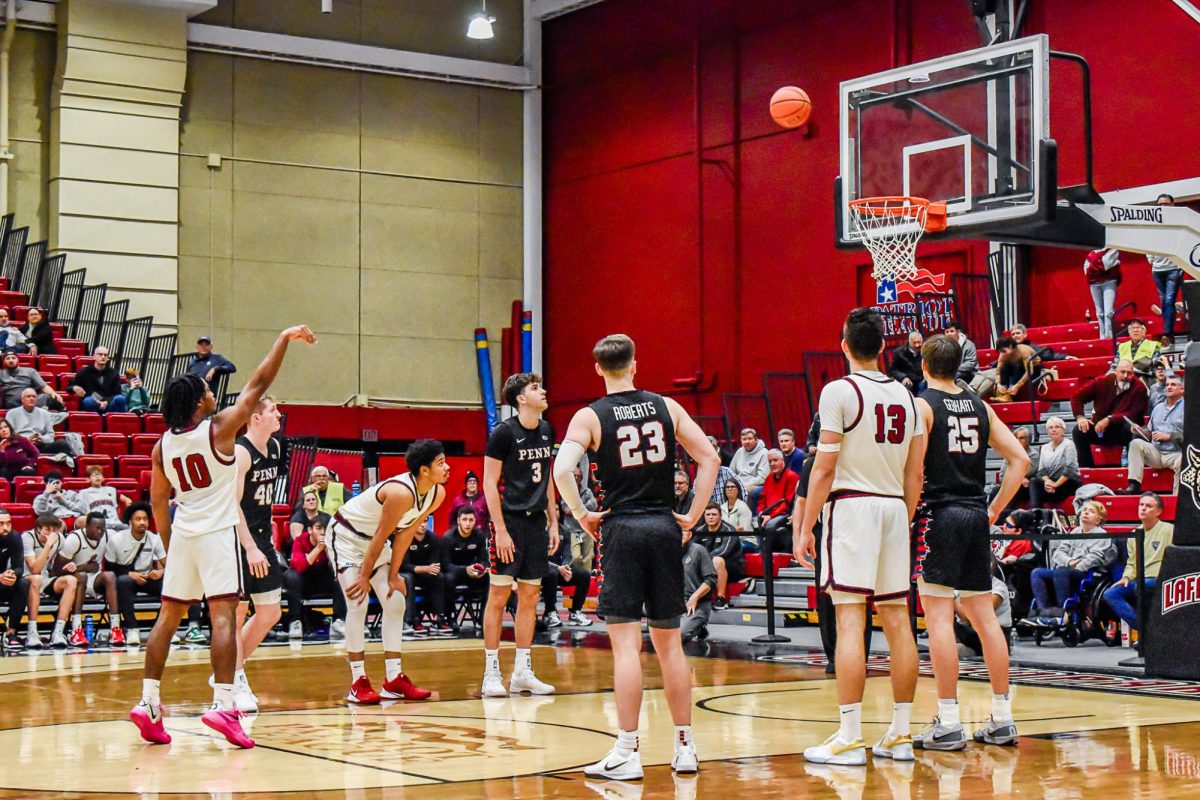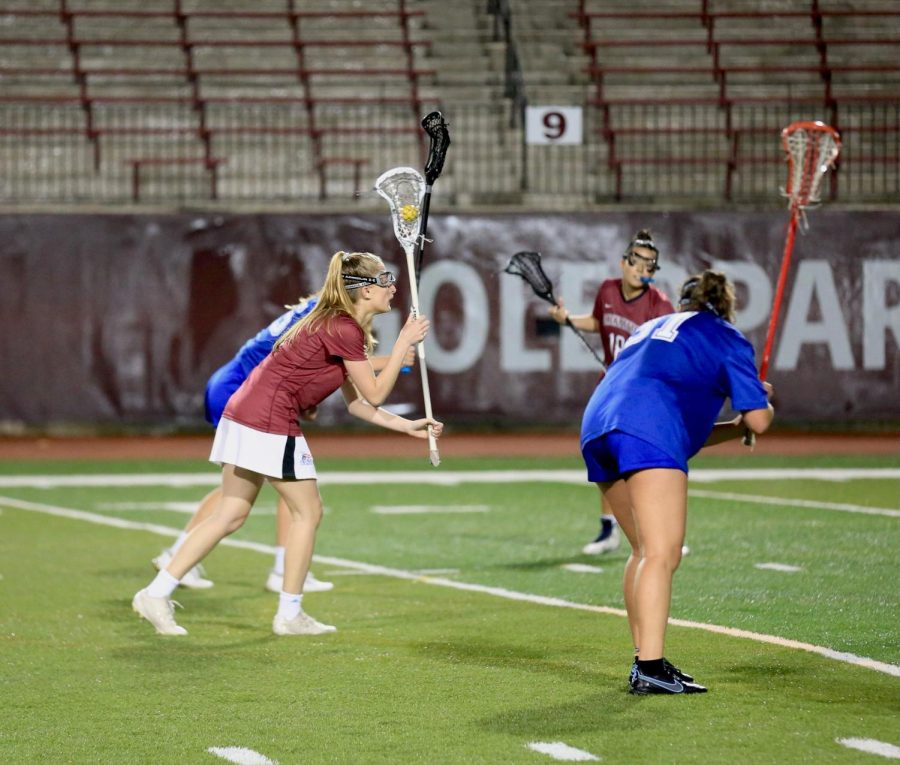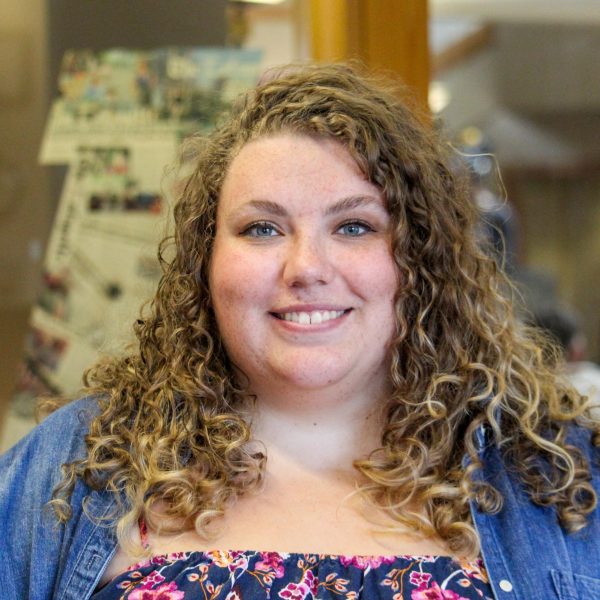The Office of Student Involvement released several new guidelines to club leadership that will take effect in the fall of 2023. These requirements, unveiled on April 6, mandate a minimum of 20 active members registered in OurCampus and having a full-time Lafayette employee advising each club.
According to Vanessa Pearson, the director of student involvement, these updated guidelines mark a return to pre-pandemic procedure.
“Most of the requirements are the same as prior to the pandemic, including the 20 member requirement,” Pearson wrote in an email. “That number was a decision made by Student Government prior to my arrival at Lafayette.”
Several club leaders have concerns about finding 20 members.
“I think we have around like fifteen or sixteen active members,” Alyssa Giannasca ’24, the president of the women’s club lacrosse team, said. “Trying to find twenty members who want to play lacrosse is kind of a stretch for a team that you put twelve girls on the field.”
Sam Anthony ’24, the president of the chess and table tennis clubs, said that neither of his organizations has 20 members.
“We only need four people to compete for both clubs,” he said. “Even if we needed extra people in case someone can’t come, that’s only five or six people we would need total.”
Anthony described the idea of finding 20 members as “a big annoyance” as both clubs are thriving with the few members they have.
Pearson is aware of these concerns.
“Every organization is unique and exceptions may be made for groups where the 20 member requirement is not possible or is a burden,” she wrote. “Based on some feedback and after discussing it with the Student Government Student Organizations committee, existing organizations will have until the end of September to meet the 20 member requirement. This way groups can recruit new members at the Student Involvement Fair. Ultimately we want every student organization to be successful, so if organizations have concerns about meeting these requirements, I encourage them to reach out to the Office of Student Involvement.”
Additionally, some club leadership is unsure about the need to take on a full-time college employee as an advisor.
“Our team, prior to this season, didn’t exist. So myself, Ella Dalgliesh and Brenna Girard picked the club up off the ground and got it running and now we’re a nationally ranked club,” Giannasca said. “So I think that college students can do that on their own. We’re a prime example of that. I think saying that we need to go find one now just adds more work to what we have to do and just kind of makes this feel like a job and takes the fun away from it.”
Giannasca added that, given the intentionally lax nature of clubs, the new regulations are unnecessarily restrictive.
“[Club sports] are supposed to just be like pickup games, and now it’s feeling like a full-time job trying to recruit enough members and trying to find an advisor,” she continued. “We’re just supposed to be having fun, and now we’re at risk of not being an active club.”
Pearson rebutted that clubs need more structure.
“Nationally it’s a best practice that colleges and universities require student organizations to have an advisor,” Pearson wrote. “The advisor is there to be a resource to student organizations and advise the group on areas students might not be familiar with.”
Giannasca is also concerned with a more general lack of communication with Student Government and Student Involvement.
“We always do our best to do what we’re told, and to follow all these guidelines, and then we’re never respected and we never get fully funded,” she said. “So then, we always have to worry about if once we follow all the guidelines, will we actually be funded to have a season? It’s just frustrating when we have to put in so much more work and then still be at risk of not being able to actually have a season.”

